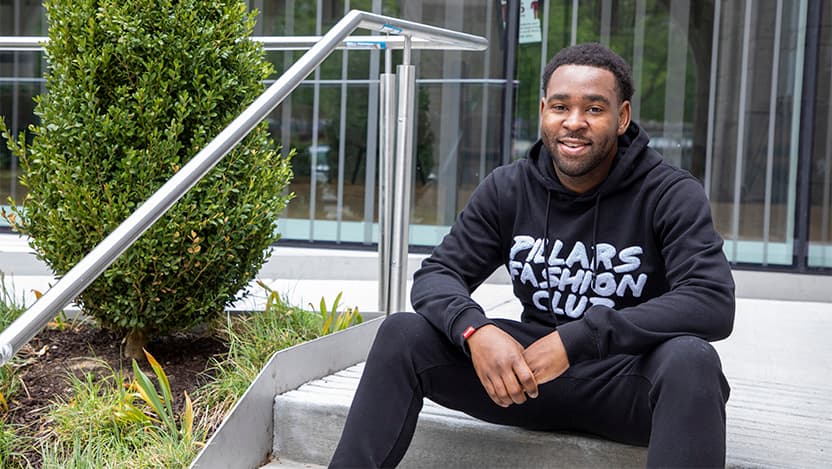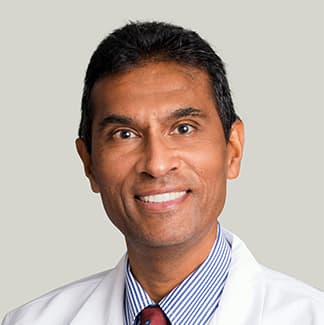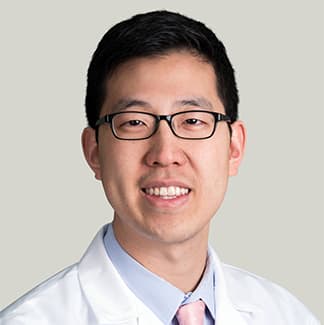COVID-19 damages a healthy young father’s heart, requiring a transplant

Al Brown thought he’d won the battle against COVID-19. The healthy 31-year-old spent a week in University of Chicago Medicine Ingalls Memorial Hospital in May 2020, receiving oxygen to help him breathe. But a few weeks after being discharged, he started having sharp pains in his chest. His legs and ankles swelled, and small tasks made him unusually tired.
Brown was readmitted to the hospital and received a shocking diagnosis: heart failure caused by COVID-19. His doctors at UChicago Medicine immediately listed him for a heart transplant, and after only 12 days on the waiting list, he underwent successful transplant surgery in October 2020.
“When they told me it was my heart, I was more shocked than anything,” Brown said. “I had no previous health issues. I’d never even taken medication for anything before this, so I didn’t know why COVID-19 was affecting me so much.”
What happened to Brown is also occurring worldwide. In a small and seemingly random group of people with COVID-19, the virus travels into the organs and damages them, sometimes so severely that a transplant is required.
“I don’t think we understand yet the exact mechanisms for why this happens, but I know we will in the near future,” said heart transplant surgeon UChicago Medicine Heart and Vascular Center. “I think it’s going to lead to increased demand for organ transplants. We will start seeing more people with COVID myocarditis, and if it lingers, they will need a heart transplant.”
Researchers are now studying the long-term effects of COVID-19, even in people who had mild cases. Dr. Valluvan Jeevanandam specializes in the surgical management of heart failure, and is an expert in high-risk cardiac surgery. He has performed more than 1,000 heart transplants — including the total artificial heart — and countless cardiac surgery procedures. Ben Chung, MD specializes in the care of patients with cardiovascular disease, including heart failure, heart transplantation, ventricular assist devices (VADs) and mechanical circulatory support. At the University of Chicago Medicine, we bring the best minds in medicine together to meet the needs of patients facing heart failure and transplant.
Valluvan Jeevanandam, MD

Ben Chung, MD

Heart Failure and Transplantation
